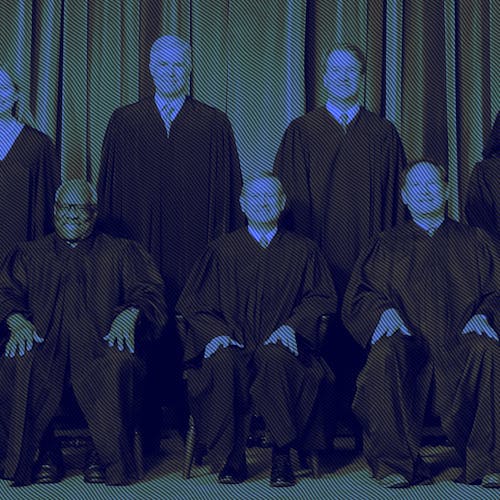EDITORIAL: U. should recognize past, not replace it

The Rutgers Board of Governors is holding a vote today to determine whether they will change the name of two buildings and a walkway on campus. But these are no ordinary changes. Rutgers is changing the names of parts of the campus to those that belonged to former slaves and Rutgers’ first black graduate. These changes are an official acknowledgment of Rutgers’ ties to slavery during its inception. Deborah Gray White, the Board of Governors' distinguished professor of history, who chaired the research committee for this project, explained that the hopes of the Board of Governors is to ensure that the Rutgers community knows that black people were essential to the very construction of the University. With this goal in mind, the Board of Governors wants to change the name of Old Queen’s Walkway to “Will’s Walkway,” the College Avenue Apartments into “Sojourner Truth Apartments” and Kilmer Library to the “James Dickson Carr Library.” Rutgers has taken responsibility for its history of using slave labor during its creation and hopes that these changes will reflect their intentions. But this might not be the case.
The idea of naming buildings after historical figures and attempting to acknowledge the truth of its past is undoubtedly a good idea. This is Rutgers’ way of bringing a positive and commemorative light to a topic that is so horrible and upsetting. And Rutgers should, without a doubt, be giving credit where credit is due, especially when that credit is due to a black life that “came here in chains.” But changing the name of a building that was originally named after a white man, to an enslaved person's adopted name, just to “acknowledge” past ties to slavery is not the best method. This is especially true of the idea to name the Old Queen’s walkway “Will’s Walkway.” Will, the slave that built that walkway, has little to no information known about him. The only thing that his records indicate is that he helped do masonry work on the foundation of the walkway. In fact, it is unknown whether the last of his records indicate him as a runaway or being sold to another owner. Taking a part of the campus that was originally named something else, and renaming it to that of a slave's, which was likely given by his master is not commemoration — it is slightly misguided. It is a wonderful idea to want to give recognition to the perhaps hundreds, if not thousands of enslaved black people who were forced to create this University, but perhaps a more appropriate way to honor those whose freedoms were stripped is to imitate something like the Tomb of the Unknown Soldier in Washington D.C., where the slaves who helped build Rutgers can be recognized as a whole without the use of the name their slave owners forced upon them.
Black lives such as Sojourner Truth and James Dickson Carr should be recognized, honored and celebrated — there is no question to that. But instead of stripping the names of buildings Rutgers has already named after white men and replacing them is a feeble attempt to pretend that Rutgers did not acknowledge these people previously, Rutgers should go the extra mile. Rutgers, which plans to expand and construct new buildings over the next 15-20 years, should focus on renaming the new buildings rather than the old. The University should acknowledge that it did not originally recognize or salute these black lives and make an honest effort to name the future buildings after Truth, Carr and other black icons. It should make it known that as a University, it is are not trying to change the past or erase the mistakes that it have made, but are working toward a better future.
The Daily Targum's editorials represent the views of the majority of the 149th editorial board. Columns, cartoons and letters do not necessarily reflect the views of the Targum Publishing Company or its staff.



